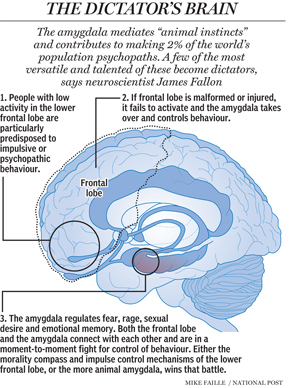“We already knew that good stories can put you in someone else’s shoes in a figurative sense. Now we’re seeing that something may also be happening biologically,” says neuroscientist Gregory Berns.”
“The neural changes that we found associated with physical sensation and movement systems suggest that reading a novel can transport you into the body of the protagonist,” Berns says.”
“The neural changes were not just immediate reactions, Berns says, since they persisted the morning after the readings, and for the five days after the participants completed the novel.”
“It remains an open question how long these neural changes might last,” Berns says. “But the fact that we’re detecting them over a few days for a randomly assigned novel suggests that your favorite novels could certainly have a bigger and longer-lasting effect on the biology of your brain.”
Source: http://esciencecommons.blogspot.ca/2013/12/a-novel-look-at-how-stories-may-change.html?m=1

